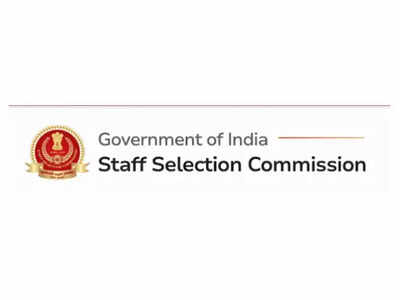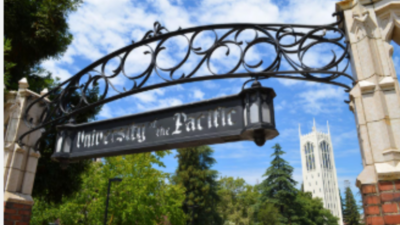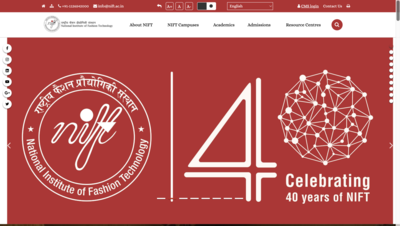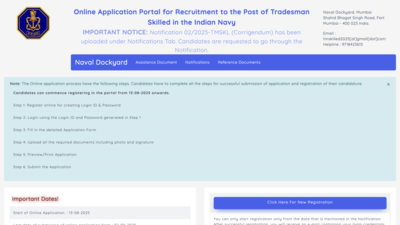In 2025, artificial intelligence is no longer a futuristic concept but a tangible force reshaping the healthcare landscape. Elon Musk recently responded on X to a post highlighting a cancer survivor who used OpenAI’s ChatGPT to advocate for herself, challenge her doctors’ opinions, and ultimately make better-informed decisions about her treatment. Musk stated, “AI is already better than most doctors. That’s the honest truth. And it will become far better. Same for all jobs tbh, including mine.” Such a candid admission from one of the leading voices in technology underscores a profound challenge for the medical profession: Is AI signalling the gradual obsolescence of doctors as we know them? At the same time, Demis Hassabis, CEO of Google DeepMind, offers a more nuanced perspective. He acknowledges that AI may replace doctors in diagnostic tasks but argues that professions requiring empathy, creativity, and human connection, such as nursing, remain fundamentally human. Hassabis envisions a future where humans and AI collaborate, with AI managing data-intensive work while healthcare professionals focus on emotional intelligence and leadership.
The rise of AI as a medical authority
The healthcare sector has long been rooted in the expertise and judgment of human physicians. However, the proliferation of AI-powered tools such as ChatGPT is altering this dynamic. OpenAI highlighted this shift through the story of a cancer survivor who leveraged ChatGPT to advocate for herself, challenge her doctors’ opinions, and ultimately make better-informed decisions about her treatment. This real-life example points to a new reality: Patients increasingly use AI not only for information but as a critical tool to engage with, and sometimes question, their doctors.This evolution is expected to ruffle feathers in medical circles. Physicians have traditionally been wary of patients who come in with self-diagnoses sourced from internet searches. The introduction of AI in this equation intensifies the situation. Patients armed with AI-generated data may express skepticism toward their doctors’ judgment, raising the stakes in the doctor-patient relationship.
A doctor’s perspective on the AI surge
Adding nuance to this unfolding narrative is TikTok user @drpark524, a practicing physician who shared a candid reflection on the mounting pressures brought about by AI. He reveals that for the first time in his career, he feels the medical profession’s future is under threat. His patients now arrive with highly granular, nuanced questions, inquiries that reflect detailed knowledge they have acquired from AI chatbots.Dr. Park recounted a striking example. A patient recently asked him about the incidence rate of retinal detachment in the United States, a question typically outside the scope of usual consultations. The patient already knew the precise statistic, confirming it was information sourced from AI. This put Dr. Park in a position where he felt “in the hot seat,” his expertise tested on the spot.He observed that patients are increasingly using AI to gauge a doctor’s competence. For physicians who have not kept pace with rapid medical advancements or relied solely on traditional continuing medical education, this new scrutiny could be daunting. Dr. Park emphasised that while a lack of knowledge does not equate to poor care, perceived expertise will increasingly influence patient trust.
The changing dynamics of trust and expertise in healthcare
Trust between doctors and patients has always been foundational to effective healthcare. Yet, as Dr. Park warns, this trust is at risk. With AI offering instant access to medical facts, patients may question the value of in-person consultations. This reality elevates patient expectations to new heights. Patients now ask themselves what unique expertise or empathy a doctor can provide beyond the rapid answers available from their phones.This shift introduces a career crossroads for doctors. Remaining relevant requires more than clinical skill. It demands digital fluency, the ability to critically assess AI-generated information, and the emotional intelligence to address patients’ deeper concerns. The physician of tomorrow must be not only a healer but also an informed interpreter of AI insights.
Adapting to survive in a transformed healthcare world
Across industries, leading technology CEOs have also shared perspectives on AI’s workforce impact. Elon Musk’s frank statement underscores the disruptive potential AI holds for all professions, including medicine. His warning that AI will surpass human capability calls for urgent reflection within the medical community.Conversely, Demis Hassabis offers a vision of collaboration rather than replacement. He emphasises that while AI can take on diagnostic and data-driven tasks, human roles that require empathy, ethical judgment, and leadership will remain essential. This suggests a future where AI augments rather than supplants doctors, enhancing their capacity to provide patient-centred care.The prognosis for the medical profession hinges on adaptability. AI is not a passing fad but a transformative tool reshaping healthcare delivery. The future doctor’s role will evolve from sole knowledge gatekeeper to a collaborative advisor who integrates AI’s capabilities with human judgment and compassion.Medical education must rise to the occasion, embedding AI literacy and data interpretation into curricula. Physicians who embrace technology as a partner will maintain their indispensability. Those who resist this evolution risk gradual obsolescence in an environment where instant, AI-driven answers become the norm.
Urgency for change
The intersection of AI and medicine is no longer speculative. Stories like the cancer survivor’s use of ChatGPT, Elon Musk’s forthright comments on X, and Dr. Park’s frontline insights reveal a profession at a critical juncture. AI’s ability to deliver accurate, comprehensive medical information instantaneously is redefining patient expectations and challenging doctors to elevate their expertise and empathy accordingly.In 2025, the sustainability of the medical profession depends on embracing change, continuous learning, and integrating AI into patient care. The future will belong to those who can expertly navigate this new terrain, combining advanced technology with the irreplaceable human qualities that define medicine.TOI Education is on WhatsApp now. Follow us here.






